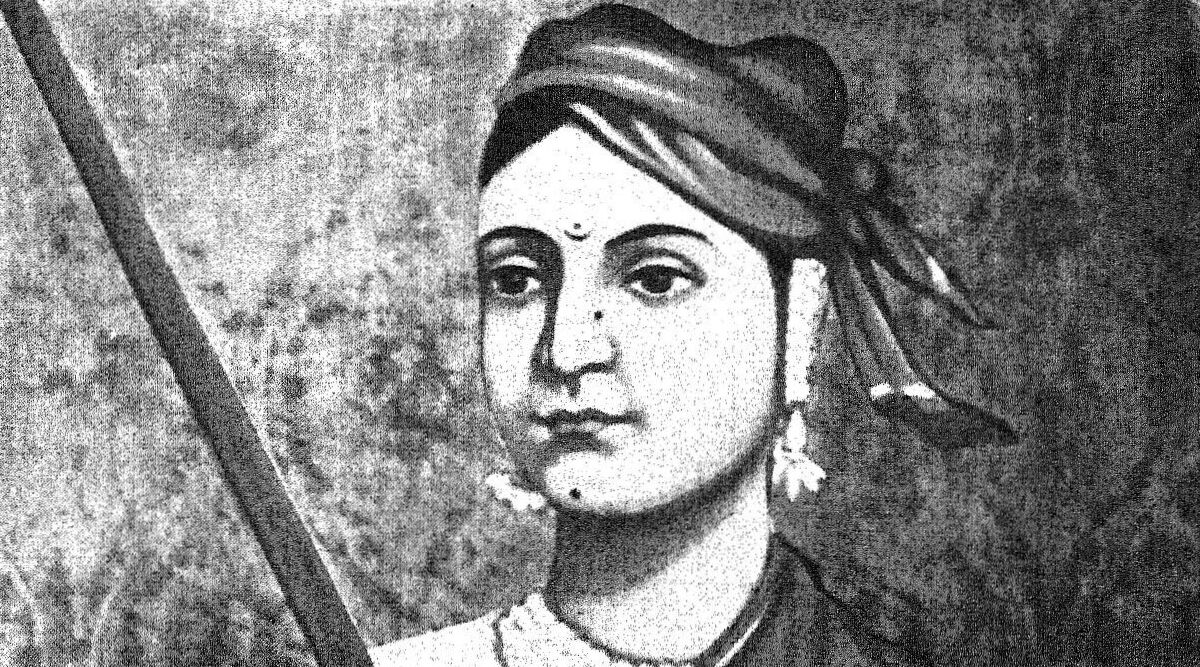Biography of Rani Lakshmi Bai
Rani Lakshmi Bai, also known as Rani of Jhansi or the Queen of Jhansi, was a prominent figure in the Indian Rebellion of 1857 against British rule in India. She was born on November 19, 1828, in Varanasi, present-day Uttar Pradesh, India.
Lakshmi Bai was born into a Marathi Brahmin family and was named Manikarnika Tambe at birth. Her father, Moropant Tambe, served as a court advisor in the Peshwa court. She received an excellent education, which was uncommon for girls in that era, and was trained in martial arts, horse riding, and archery.
In 1842, Manikarnika got married to Gangadhar Rao, the Maharaja of Jhansi. After her marriage, she was given the name Lakshmi Bai. Unfortunately, Lakshmi Bai's only son died in infancy, which left a void in her life. The couple decided to adopt a son, but the British East India Company did not recognize the adoption and annexed the princely state of Jhansi under the Doctrine of Lapse.
The annexation of Jhansi and the mistreatment of the Indian rulers by the British ignited a spirit of resistance in Lakshmi Bai. When the Indian Rebellion of 1857 broke out, she played a pivotal role in organizing and leading the revolt in Jhansi. She actively participated in combat, leading her troops and displaying exceptional bravery and strategic skills.
Rani Lakshmi Bai's leadership and determination inspired her soldiers and the people of Jhansi. She became a symbol of resistance and a fierce opponent of British rule. Despite being outnumbered and facing superior British forces, she put up a valiant fight.
Tragically, the siege of Jhansi by British forces in March 1858 led to Lakshmi Bai's eventual downfall. She fought fiercely until the end but was forced to leave the fort and escape with her loyal followers. Rani Lakshmi Bai mounted a horse, wielding a sword, and engaged in combat until her last breath. She died on June 17, 1858, in the battlefield of Gwalior, at the age of 29.
Rani Lakshmi Bai's legacy as a brave warrior and a symbol of Indian resistance against colonialism lives on. She is revered as a national hero in India and is remembered for her courage, leadership, and unwavering spirit. Her life and sacrifice continue to inspire generations, especially women, to fight for justice and freedom.
Tags:
English Biography
